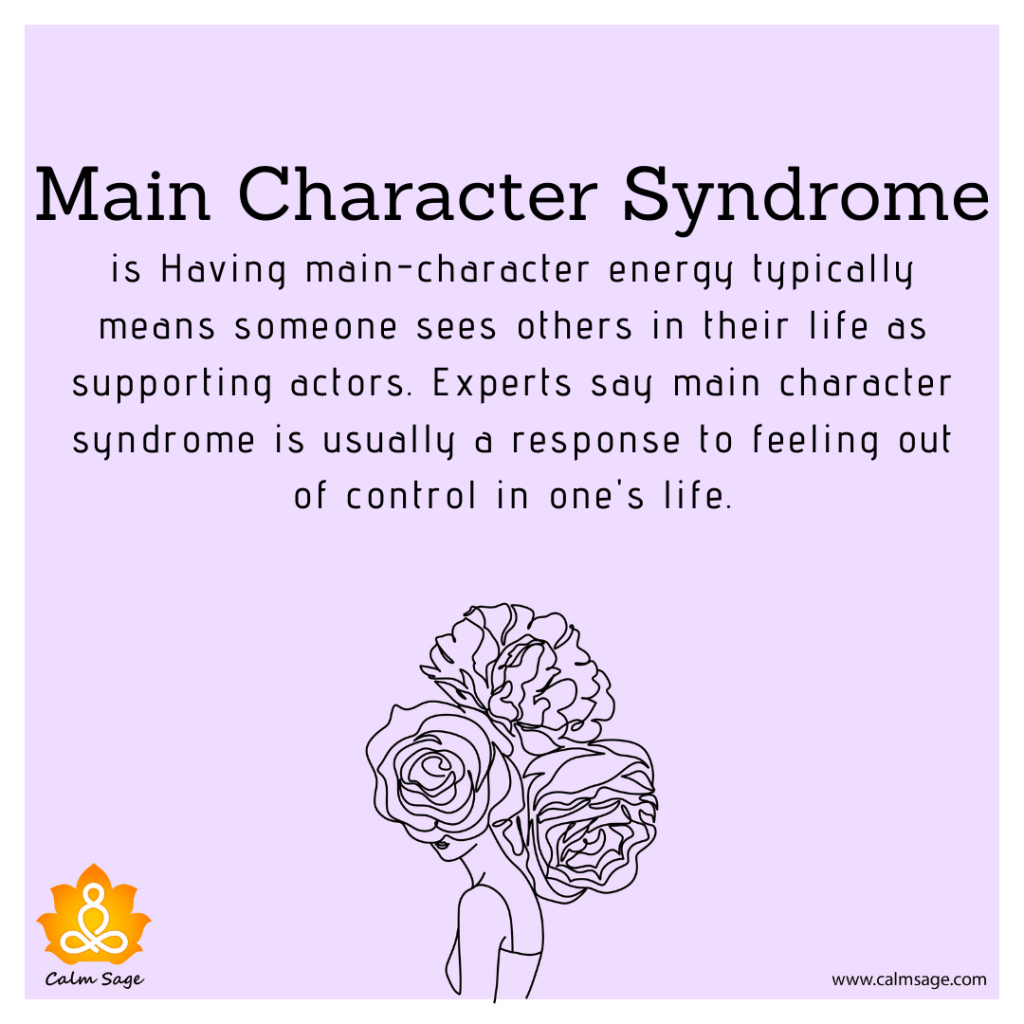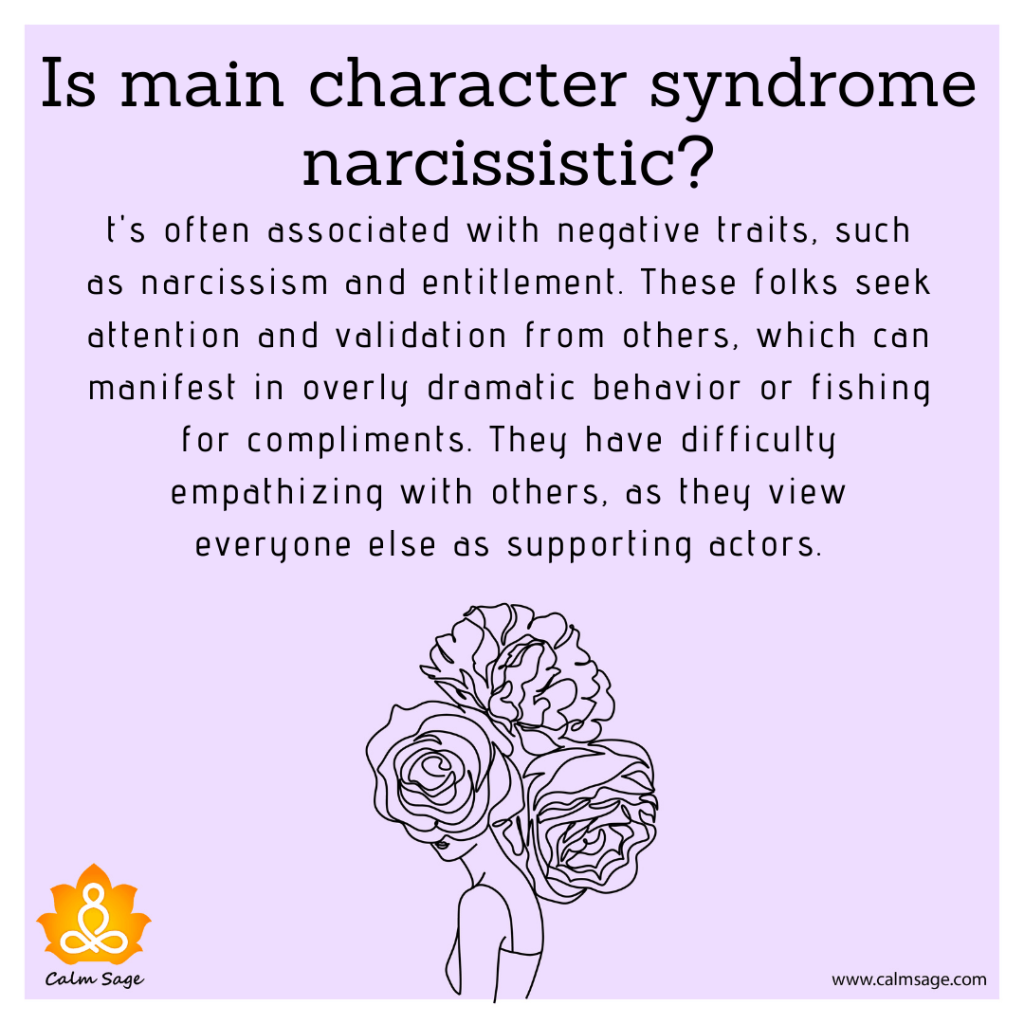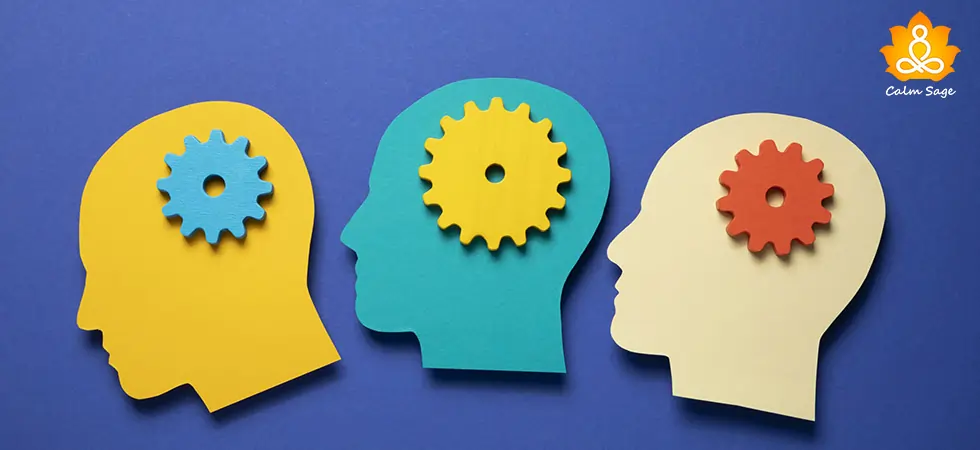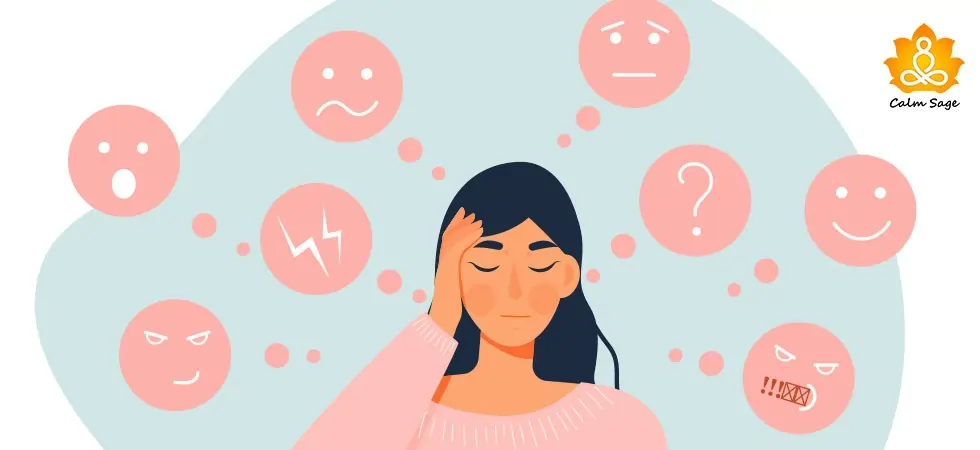Is It the Main Character Energy or Narcissism? | Understanding Main Character Syndrome

We all want to be the protagonist of our lives; it’s the truth! For me, it’s sort of a coping technique; to imagine myself as the main character of my movie and think like a leader, not a follower, whenever I’m stuck in a challenging situation. I like doing this, but I also know to give others in my life the guest role they deserve.
So, if you’ve ever caught yourself daydreaming about being the main character, then you’re not alone. Maybe your narrative is more about you being the star of the show, or maybe you imagine the world revolving around you. In any case, what you might be experiencing is commonly known as the Main Character Syndrome.
It’s not an official term, but a more stylized social media term that can be used to describe someone who finds themselves playing the lead role in the movie of their life.
Having the main character’s energy can be the boost you need when you’re stuck and feel just wanting to give up. Believing in your main character’s energy can give you the confidence boost you need on the first date, that job interview, and that career promotion you’ve been eyeing. However, with its benefits, there are some downsides to this energy as well.
In this article, I’ll help you understand the good, the bad, and the ugly side of the main character syndrome, how to spot it, and how you can use this ‘main character energy’ to your advantage. So, keep reading, my warriors!
What Is The Main Character Syndrome?

The main character syndrome is a social media term, colloquially referred to as the feeling of being the “star of the show”. It’s a psychological phenomenon where you see yourself as the main lead or the central figure in your narrative. It’s equal to watching your life through the eyes of the protagonist, where everything — from relationships to challenges — is seen as a part of a storyline.
This perception, while often seen as positive, can influence how you interact with others and interpret the world around you. This syndrome can be closely linked to narcissism, self-absorbed behavior, and self-centeredness.
Main Character Syndrome and Narcissism
The main character syndrome shares many characteristics with narcissism. Narcissism is a trait that involves an excessive preoccupation with oneself, such as having an inflated sense of self-importance, lack of empathy, self-centeredness, and more. The main character syndrome aligns with these traits, as people with this mindset tend to prioritize their perspectives, often neglecting the needs and viewpoints of others.
While main character syndrome and narcissism share similarities, it’s important to understand and distinguish between narcissism and narcissistic personality disorder. NPD is a serious mental health disorder characterized by a pervasive pattern of grandiosity, a constant need to be admired by others, and a lack of empathy.
Main character syndrome might manifest a temporary mindset or a less extreme version of narcissism. Some related traits you should watch out for can include a sense of self-importance, fantasies of having unlimited power, believing in your uniqueness, and a constant need to be admired.
How to Spot Main Character Syndrome?
If you believe you or your loved one has main character syndrome, then here are some common signs that can help you;
- Having an excessive sense of self-importance
- A lack of empathy towards others
- Experiencing fantasies of grandeur
- Wanting constant validation from others
- Having trouble accepting criticism
- Having trouble seeing situations from other perspectives
- Being overconfident and overly motivated
- Experiencing dissociation
- Wanting to seek attention and admiration from others
- Being overly dramatic
Human personality and behavior exist on a spectrum. In small doses, main character syndrome can be a source of motivation and confidence, but indulging too much in this phenomenon can be toxic.
It can cause a strain in your relationships, an inability to collaborate with others constructively, and a disconnect from reality. Understanding the balance between healthy self-esteem and an exaggerated sense of self-importance is essential.
How to Use Main Character Energy To Your Advantage?
You can use your ‘main character energy’ to your advantage! Here’s how;
1. By setting ambitious goals.
You can improve your confidence and your self-belief in your uniqueness by setting ambitious goals and pursuing them. Pick one aspect of your personality to focus your main character energy on.
2. Know when to allow guest appearances.
The main character of any movie knows how to be a leader and give screen time to other guests. So, see when your main character energy is appreciated and when you need to be the guest cameo in someone else’s movie. Be emphatic and allow yourself to see other perspectives.
3. Visualize with positivity.
There’s beauty and power in positive thinking, so use it to visualize success. This also includes being authentic to yourself and not pretending to be someone you’re not when in the company of others. Imagine how you would speak, act, and dress in front of a camera, and be you!
4. See how you’re affecting others’ lives.
In the pursuit of reinventing yourself, pause to see how your actions are impacting others. Your constant need to be admired could affect your relationships and cause an imbalance. Take a step back, put yourself in others’ shoes, and see how you can change to be a better person in others’ lives.
5. Bring the positive sides of you out.
As a main character, everyone has two sides – one dark and one bright. For once, allow yourself to focus on your bright side and bring the positive aspects of your personality to light when you’re out. Don’t ignore your negative sides, instead do things that counter them.
What to Do When Main Character Energy Becomes Toxic?

If your main character syndrome is becoming toxic and preventing you from growing into a better version of yourself, then here’s what you can do;
1. Become more empathetic. Try to understand and appreciate what others show you, or how others’ perspectives appear to you. When you’re empathetic and appreciative of others’ perspectives, it can put yours to light too.
2. Ask for feedback. When you’re around people, try to seek constructive feedback from them. This will help you understand how they view you and how your actions affect them. This feedback can also help you gain a more balanced view of yourself.
3. Be humble. Understand that everyone has a role in the movie of their lives, and each person you know plays a role in your life movie too. You might be a main character, but others are not just sidekicks and villains. They could be main characters too. Accept others’ roles with grace.
4. Connect with others. To stop yourself from becoming intoxicated with the main character energy, you need to have connections in your life that keep you grounded. You can do this by creating meaningful connections and actively listening to others while valuing their life experiences.
Wrapping Up…
Human experiences are wild and among them, the main character syndrome adds a unique mix to the thread of life. While the main character syndrome can be a source of motivation, confidence, and inspiration, too much of this main character energy can become toxic and bring you closer to narcissism.
It’s important to know the right balance between self-importance and being humble. By recognizing when your main character energy becomes toxic, you can take the right steps and strategies to foster healthy relationships and growth.
Be the protagonist of your life, but remember that every character, no matter how small their cameo is, contributes to the narrative in their own way. So, play your part, but let others play their roles in your narrative too!
Did you enjoy reading this article? In the comments below, let me know what you think about the main character syndrome.
Take Care!
Next Read:
What Is Narcissistic Rage? Signs, Examples, And How To Respond
14 Signs of a Vulnerable Narcissist (And How to Deal With Them)
Do Narcissists Cry a Lot? If Yes, Are The Tears Real?
7 Narcissistic Deflection Tactics You Should Know About (And How to Counter Them)




















